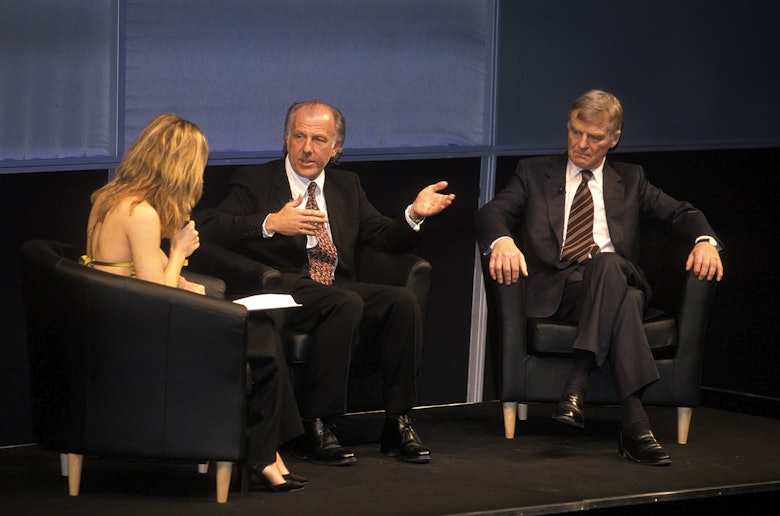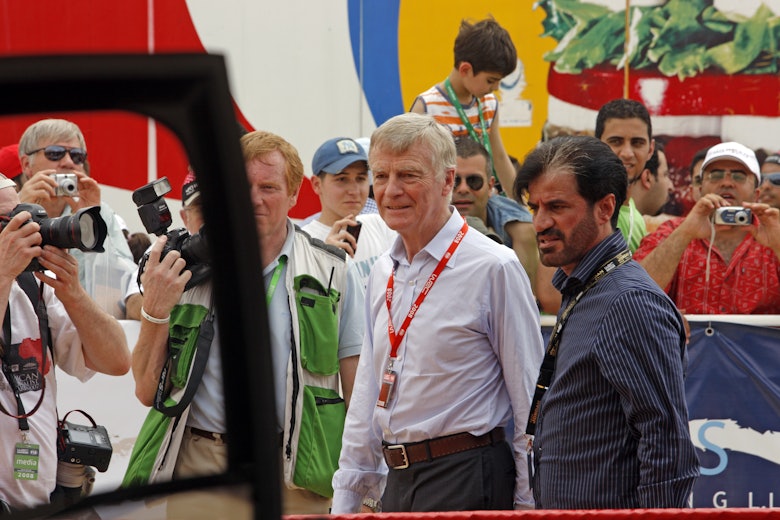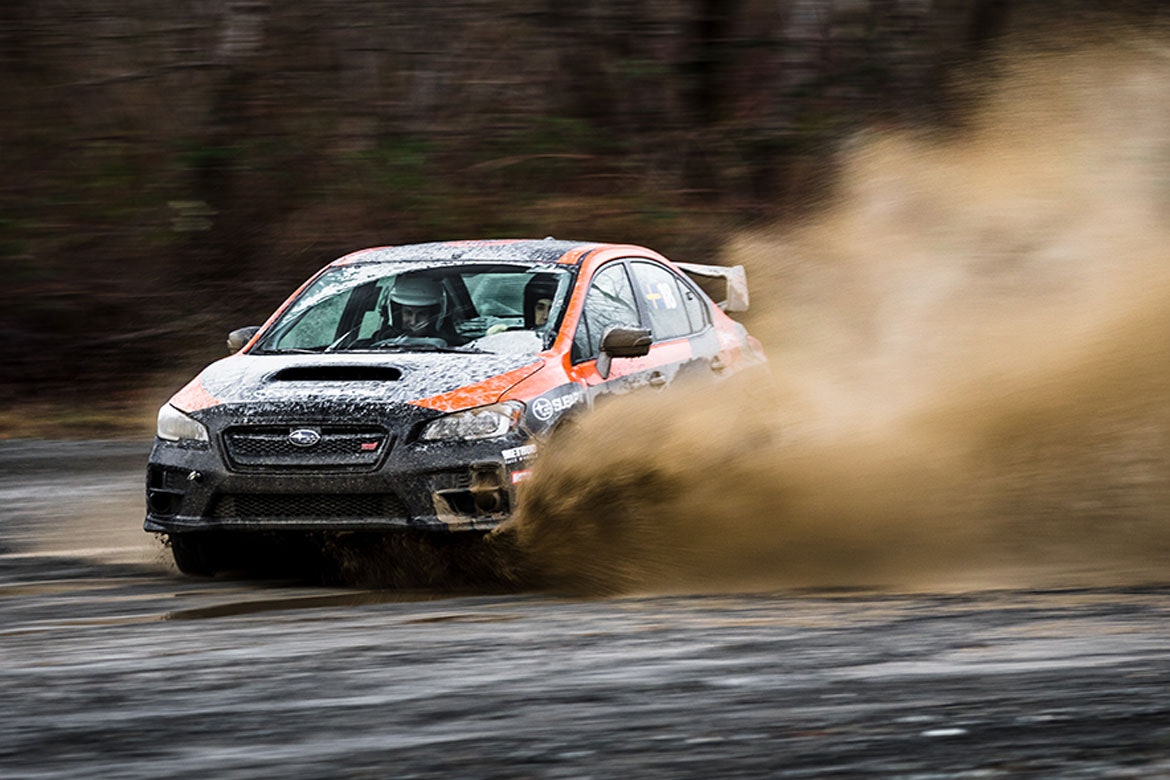Early in 2009, the telephone rang. It wasn’t Max Mosley. But it was one of his people. Turned out Max wanted a word.
That year’s Monte Carlo Rally was a round of the Intercontinental Rally Challenge and I suggested meeting in the principality.
“He suggested his flat in Knightsbridge,” was the reply. “This week.”
Let me check… yep, I can make that.
I’d interviewed Mosley a couple of times previously, but a call like this one was out of the ordinary. After 15 years at the wheel of world motorsport’s governing body, his time was nearing an end and he felt the time had come to talk through the future. I arrived on the doorstep of an enormously impressive, if unassuming and largely unlived-in London pad.

For a former racing driver who’d been so utterly embroiled in Formula 1 for much of his life, it’s fair to say the WRC didn’t always come easy to Mosley. I had a string of questions ready to demonstrate the FIA president wasn’t quite as sharp on the sport’s muddy side.
And I didn’t get a look in. He answered every question fully, without being briefed. He was courteous and tremendously engaging.
During my time in the sport, we’d locked horns over the FIA’s introduction of Superally – at the time a controversial regulation allowing retired cars to return to the classification. And it was Mosley who banned the use of gravel note crews on every event.
Richard Burns and Markko Märtin were the men tasked with changing Mosley’s mind. I was invited into a makeshift war room above Charing Cross Station. The conclusion? There was no way around Mosley. He had all the answers. Much to the frustration of Märtin.
If I can get up a hill, I’m sure they could get through those stages. The trouble is, they couldn’t get through those stages at the speed they wanted to.Max Mosley, on the proposed introduction of a single tire
Burns was more pragmatic. He and co-driver Robert Reid had seen Mosley at his best, when he and Sid Watkins turned their attention to improving crew safety in rally cars. The deployment of HANS devices has saved countless lives around the world.
Mosley was a clear thinker and a deeply intelligent chap. Those attributes, allied to his legal training, meant he could converse on any level. On any subject. One of the changes he was really keen on was the use one single tire for a whole rally.
Keen to further the association with the man in the street, Mosley reasoned: “When I’m driving to the shops, I don’t put on different tires if it’s raining or if it’s icy…”

That frustration was highlighted when Rally GB had cancelled stages in 2008 due to the icy conditions and the lack of suitable studded tires.
“I have driven in a ski resort without studded tires,” he said. “If I can get up a hill, I’m sure they could get through those stages. The trouble is, they couldn’t get through those stages at the speed they wanted to.”
Partly true. I pointed out the real issue was with scrambling of emergency crews – some of which wouldn’t have made it up some of Myherin’s more slippery slopes.
Mosley accepted that point in an instant. And with our time at an end, he promised to come back to me with a solution.
A controversial figure in global motorsport, there can be no doubt Mosley presided over halcyon days in the WRC. Arriving at the height of Group A, his team guided the series into World Rally Cars and did a deal with David Richards to elevate the promotion of the world championship to previously unimaginable heights.
Whether he saw rallying’s popularity as a threat to his more natural habitat of the Formula 1 paddock is another argument for another day.
Today we should remember a significant figure, a powerful servant of our sport and, as far as I was concerned, a perfectly decent chap.





